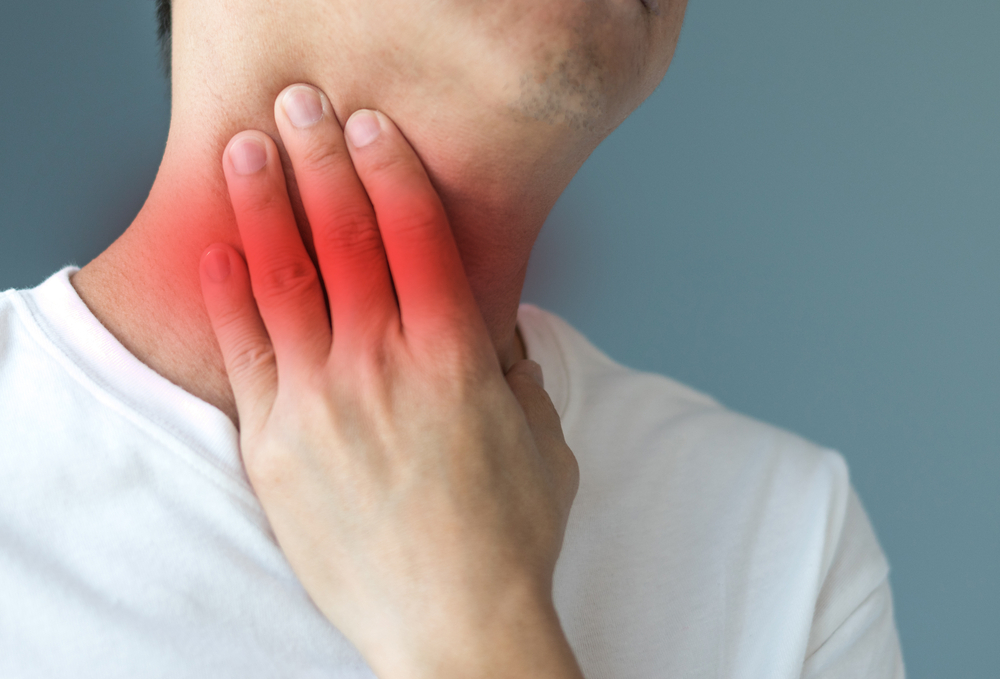Infectious mononucleosis or mono, in short, is caused by the Epstein-Barr virus (EBV) which is transmitted through saliva and is sometimes called the kissing disease. It can occur to any age but usually found in teenagers and young adults.
You can get infectious mononucleosis mostly in kissing. However, it can also be transmitted through sneezing or coughing and shared utensils.
Many people develop Epstein-Barr virus after the age of one. Very young children develop few symptoms or none so that the infection often goes unrecognized as infectious mononucleosis.
If you have been infected with mononucleosis, you won’t get the EBV infection in the future as anyone will be immune to mononucleosis in the future.
Once you have mononucleosis, it is essential to have plenty of rest and sufficient fluids as it is the key to recovery.


